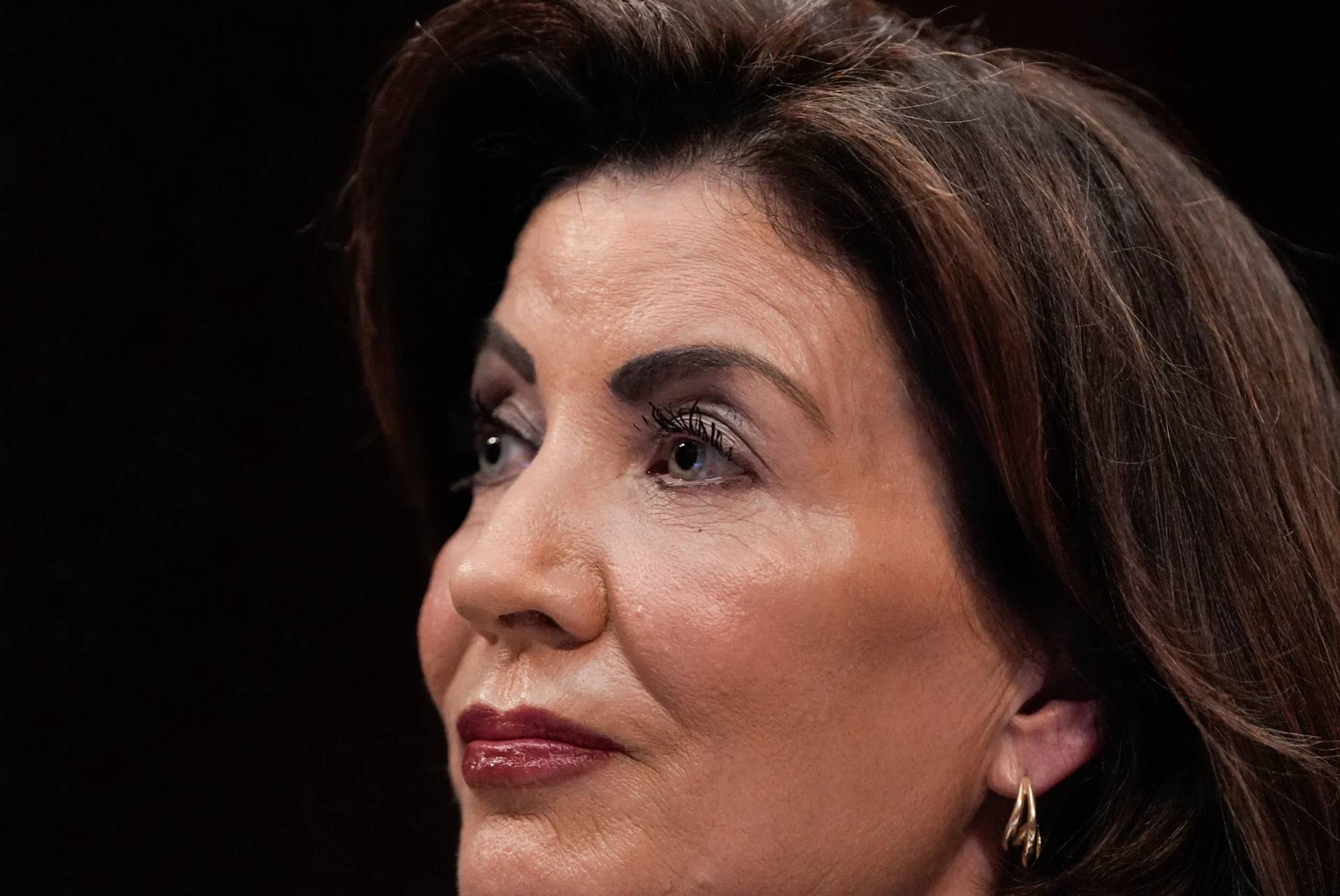The Vatican on Wednesday announced that Rome has reached a new accord with the “State of Palestine,” among other things covering the status of Catholic facilities and personnel on the West Bank and Gaza Strip.
The Vatican has referred to the “State of Palestine” in its diplomatic communiqués since November 2012, when the United Nations voted to recognize Palestine as a “non-member observer state.” When the recently concluded negotiations began in 2013, that statement also said they would take place with representatives of the “State of Palestine.”
Wednesday’s statement does not, therefore, amount to a new diplomatic recognition of Palestinian statehood.
The new accord was worked out by a bilateral commission led by the equivalents of deputy foreign ministers on both the Vatican and the Palestinian sides.
“The discussions took place in a cordial and constructive atmosphere,” the statement said.
“Taking up the issues already examined at an informal level, the commission noted with great satisfaction the progress achieved in formulating the text of the agreement, which deals with essential aspects of the life and activity of the Catholic Church in Palestine.”
The accord will now be submitted to both governments for approval, and the statement said a date will be announced “in the near future” for a formal signing.
The Vatican first opened diplomatic relations with the Palestinian Liberation Organization in 1994, under the late St. John Paul II. It signed a “Fundamental Agreement” with the PLO in 2000, following a similar accord with Israel in 1993.
In that 2000 agreement, the Vatican pledged support for a special status for Jerusalem while the Palestinians promised to respect religious freedom. Both sides agreed to leave the details to be worked out in a future accord, which is what Wednesday’s agreement is intended to accomplish.
While Wednesday’s statement did not include any specifics on the new deal, it’s expected to cover matters such as the tax and legal status of Catholic churches, monasteries, schools, hospitals and other facilities, the right of recourse to Palestinian courts for Catholic personnel and institutions, and so on.
In a recent interview, Maltese Monsignor Antoine Camilleri, who headed the Vatican delegation, said the deal would treat the church’s “freedom of action, its staff and its jurisdiction, the personal status, places of worship, social and charitable activities, [and] the means of social communication.”
Camilleri also said that a chapter of the accord is devoted to tax issues and property.
The Vatican is presently working on a similar agreement with Israel, building on the 1993 fundamental agreement with the Israelis.
Diplomatically, the Vatican has long supported a two-state solution to the Israeli/Palestinian conflict, providing security assurances for Israel and sovereignty for the Palestinians.
Rome also backs an internationally guaranteed special status for Jerusalem, including protection for holy sites sacred to Judaism, Islam and Christianity.
Pope Francis will have the chance to discuss the deal with Palestinian President Mahmoud Abbas on Saturday, when the Palestinian leader visits Rome in order to attend the canonization of two 19th century Palestinian nuns on Sunday.
Marie Alphonsine Ghattas of Jerusalem and Mariam Bawardy of Galilee, both of whom lived in Ottoman Palestine, will be the first Palestinian Arabs to gain sainthood. Francis announced the canonizations in February.
















